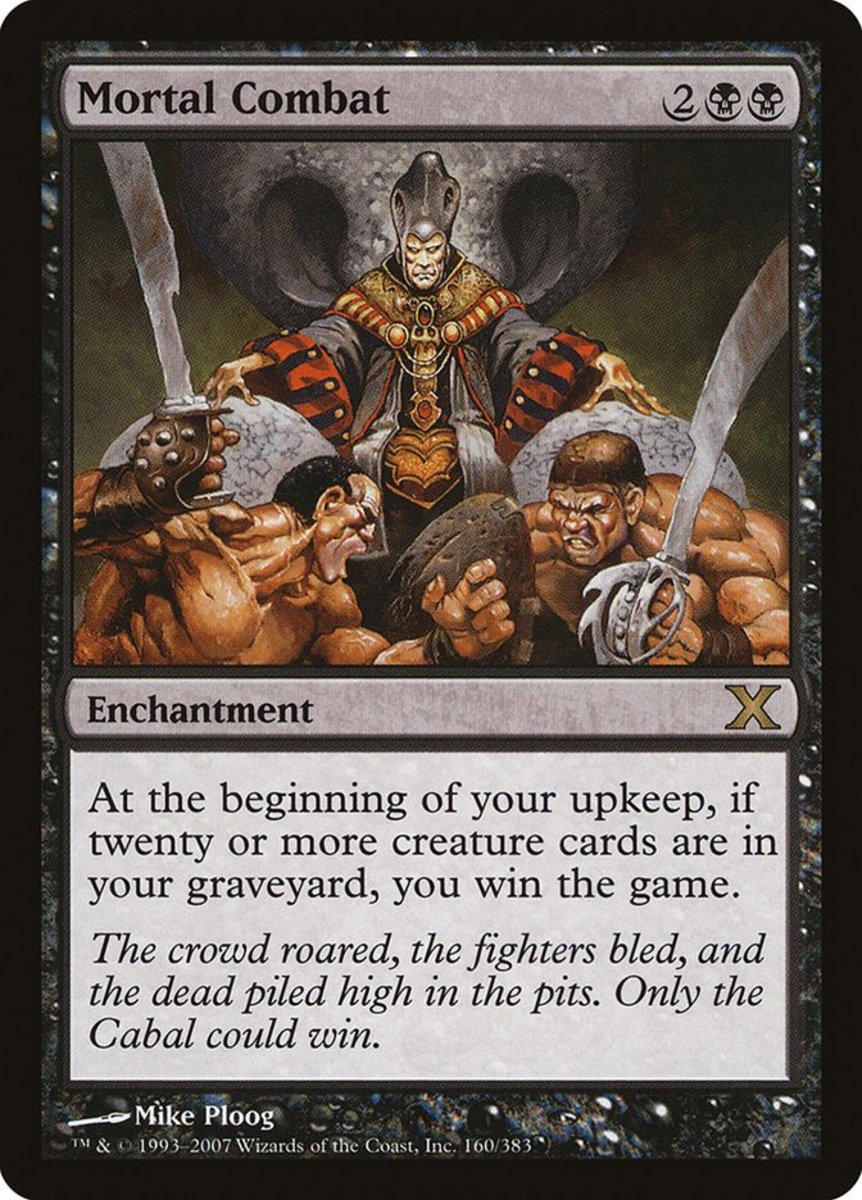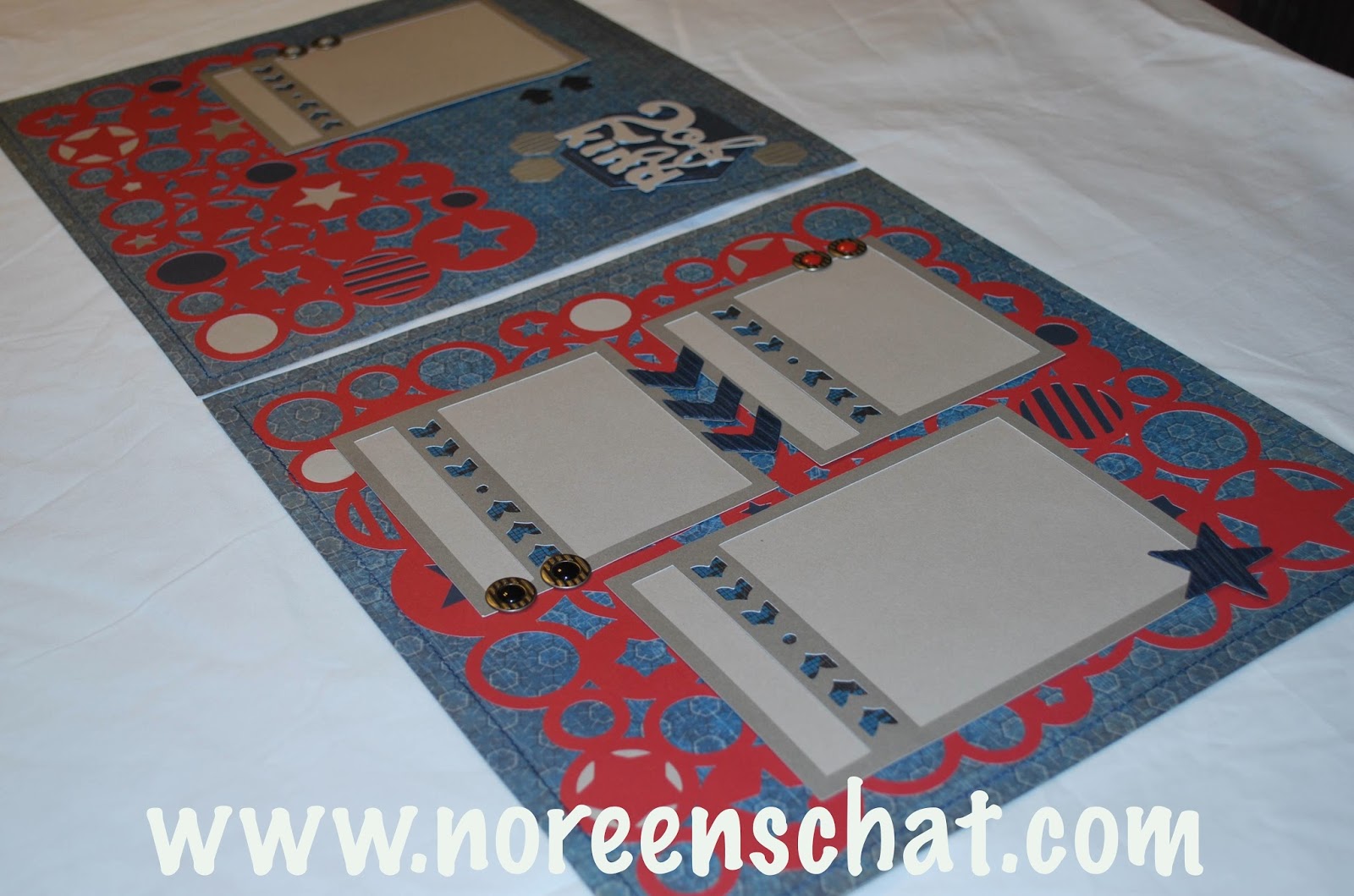

If you are unsure you should always choose to play. It's just that they are exceedingly rare. the great majority of the time you think you've found an exception, you're wrong. Instead you get articles like this one by Hall of Famer Paulo Vitor Damo da Rosa, where I quote,īasically everyone understands that the default in Magic is to play.
#MTG PROPLAYER WINPERCENTAGE PRO#
You would be really hard-pressed to find a Pro Tour top 8 match where one player chooses to draw. If you find all this unconvincing, look at what the pro players do. If you're on the play, Ancient Tomb into Simian Spirit Guide into Blood Moon turns the opponent's fetchlands into Mountains, potentially color-screwing the opponent, while if you're on the draw, the opponent would be able to fetch for basic lands in response to Blood Moon.īeing on the draw does mean you are more likely to start with these hands, but as illustrated, these plays are also way less effective on the draw. At the very least, you lock out one fewer card. They are also able to cast spells such as Spell Pierce or Thoughtseize to stop you from resolving the Chalice.

If you're on the draw, it matters much less because the opponent will have already played their one-drop. If you're on the play, Ancient Tomb into Chalice of the Void for can instantly lock the opponent out of the game. This kind of effect is there in Legacy as well. If you're on the draw, this is again much less powerful because the opponent will have already played some of his cards, not to mention a land, so you draw fewer cards. If you're on the play, something like land, Mox, Mox, Windfall can instantly win you the game: you've effectively drawn four cards while potentially mana screwing the opponent. If you're on the draw, this is way less powerful, because all the Moxen would already be on the board. For example if you're playing Vintage, you could go Mishra's Workshop into Trinisphere on the play, and your opponent might never cast a spell before he dies (Trinisphere locks out all Moxen e.g. This gets more and more significant the higher the power level. You get to do things before the opponent can set up defenses. But if Bob removes Alice's Ajani instead, then he's still behind because Ajani has already generated value on coming into play. They can now attack and kill Bob's Ajani (Alice also has an extra turn's worth mana to cast a removal spell if necessary). Can't Bob play his own Ajani and be just as effective? No, because the turn after Alice will just use the +1 again and her creatures are going to be bigger than Bob's. Suppose a few turns later, Alice plays Ajani, Caller of the Pride and uses the +1 ability. This snowball effect is at its strongest with planeswalkers. This is why it's usually preferable to kill the opponent's Thief before deploying your own. Even if Bob also has a removal spell, he is still down a card. On her turn, Alice can now use a removal spell to kill Bob's Thief and connect with hers. Say Alice plays Thief and Bob responds with his Thief. If Bob doesn't block, he still might not be able to make a 1/1 because Alice can play a 3-drop that's bigger than Emmara, stopping Bob from attacking. If Bob blocks, Bob is now at a disadvantage because he's got nothing while Alice has a 1/1. On turn 3, she gets to attack and make a 1/1. Imagine if two players, Alice and Bob, both have Emmara and play her on turn 2. For example, Emmara, Soul of the Accord is at her best if she is able to attack. Snowball effect: today's Magic is filled with cards that get better if you get to untap with them. It's true that you aren't dead in either case, but you are at much greater risk of dying. This can easily be the difference between having 15 life and having 5 life. If you go second, your opponent will have had three attack steps. If you go first, your opponent has had two attack steps before you can cast Wrath of God. Maybe you'd also have won the game if you got the chance to attack on turn 6, but since the opponent has already won, you don't have that opportunity.Įven if you're the defensive deck, you still reach your key defensive plays (such as casting Wrath of God) sooner. If you go first, that means you've had five attack steps to turn your creatures sideways with. Let's say you're playing an aggro deck against a combo deck, and your opponent's deck consistently wins the game on turn 6. More attack steps: By going first you are the one on the board first, and the one threatening to attack.


The reason for this comes from multiple angles. Going first usually provides a considerable advantage.


 0 kommentar(er)
0 kommentar(er)
